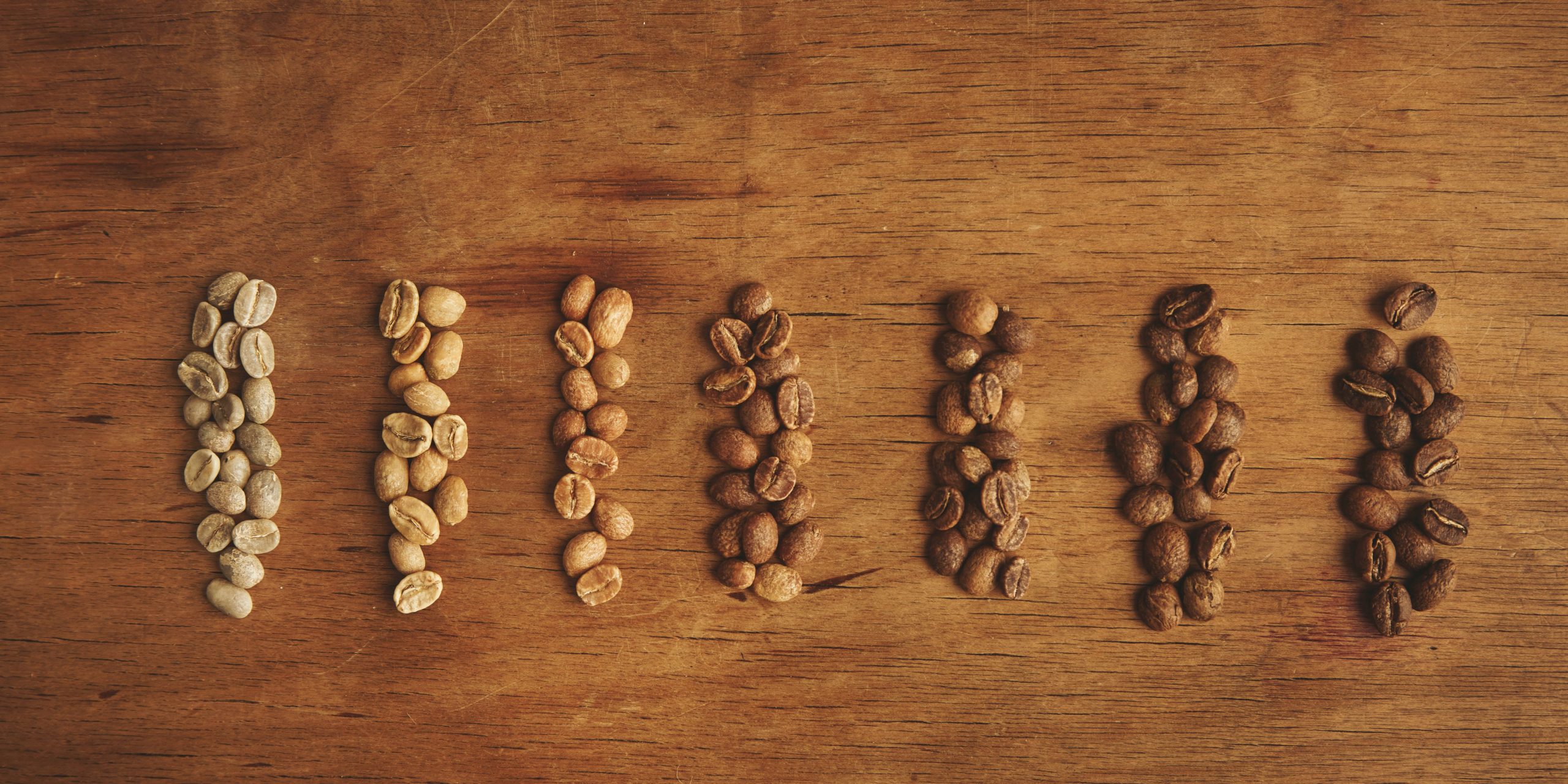Read Time: 4 Minutes |
Specialty coffee is one of the fastest growing categories in the world of coffee. How does a coffee get to the acclaimed ‘specialty’ status and why do we focus on recognising and preparing it on our Dublin Barista course?
| By Cameron Mowat
Coffee is an ever-shifting landscape. It’s something that we always tell our students in our Dublin barista course, the 2-Day Barista Essentials, to be aware of. Trends come and go like any industry.
Nowadays one of the biggest focuses of the coffee industry is ‘specialty’. It’s a word that means many different things, and it is not without its controversy and misuse as well.
The word ‘special’ is in the name. Specialty coffee is essentially the highest level of coffee production, given special weight among coffee producers for commitment to quality at every stage of the production process.
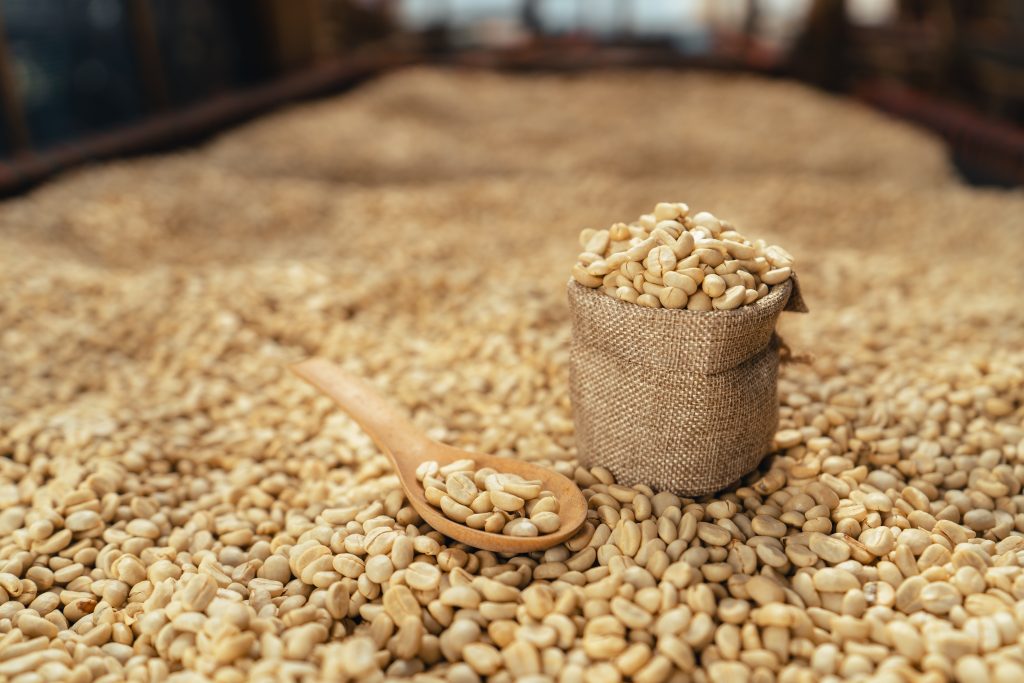
There is a harmony that needs to happen among each level of the producers, from growers to roasters to achieve a product that can be called specialty coffee.
Specialty coffee has been around for over a century but it was a far less defined product. People have been selecting coffees based on particular parameters like origin and quality since the coffee trade began booming and different growers became known for having high quality ‘selections’.
The term ‘specialty’ was first coined in the 1970s and the category has only grown since then. In a world with so many quality coffees, gaining the specialty label has become a way for the top levels of the coffee trade to distinguish themselves from the competition.
On our Dublin Barista course we highlight the importance of specialty coffee and how to prepare it properly.
Defining ‘Speciality’
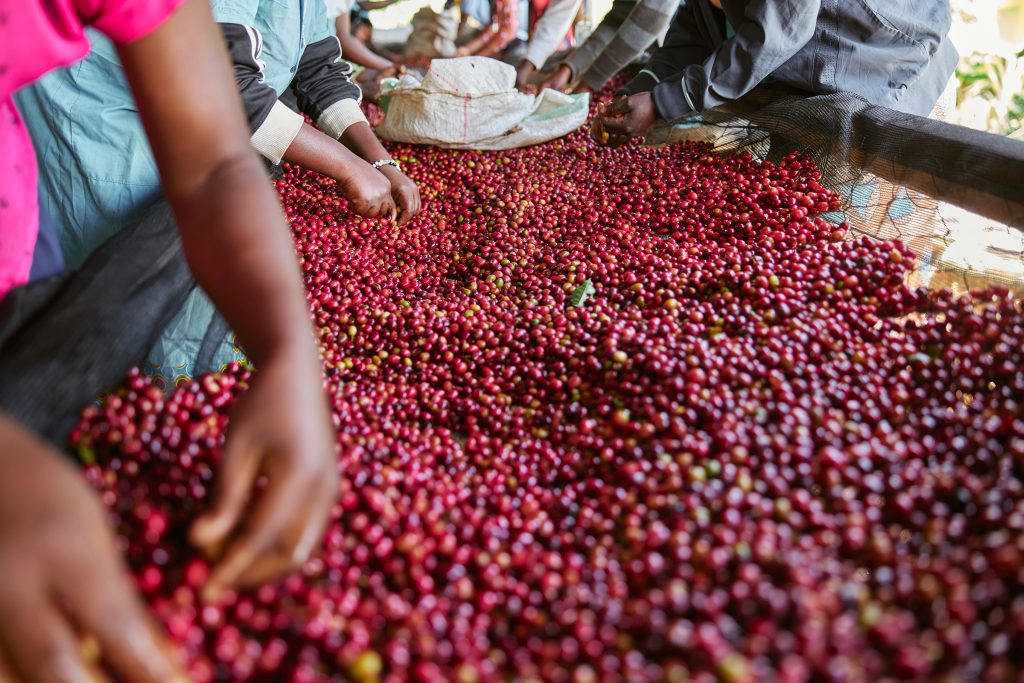
So what does it actually mean when coffee has the ‘specialty’ label?
Speciality coffee is determined by several factors. Each of these factors is judged and given a score on a particular 100 point scale that was created by the Speciality Coffee Association. Only licensed or certified graders can judge the quality of the coffee and allow the word specialty to be used in branding and marketing.
The two factors that determine the point score for a specialty coffee are: defects and quality.
Defects can be divided into primary and secondary defects. Defects are determined by sampling 350g of the coffee at random and picking through them visually to look for bad beans. A primary defect is something like black beans or sour beans. The most common defect in the secondary group is broken beans. A coffee cannot have any primary defects and more than five secondary defects.
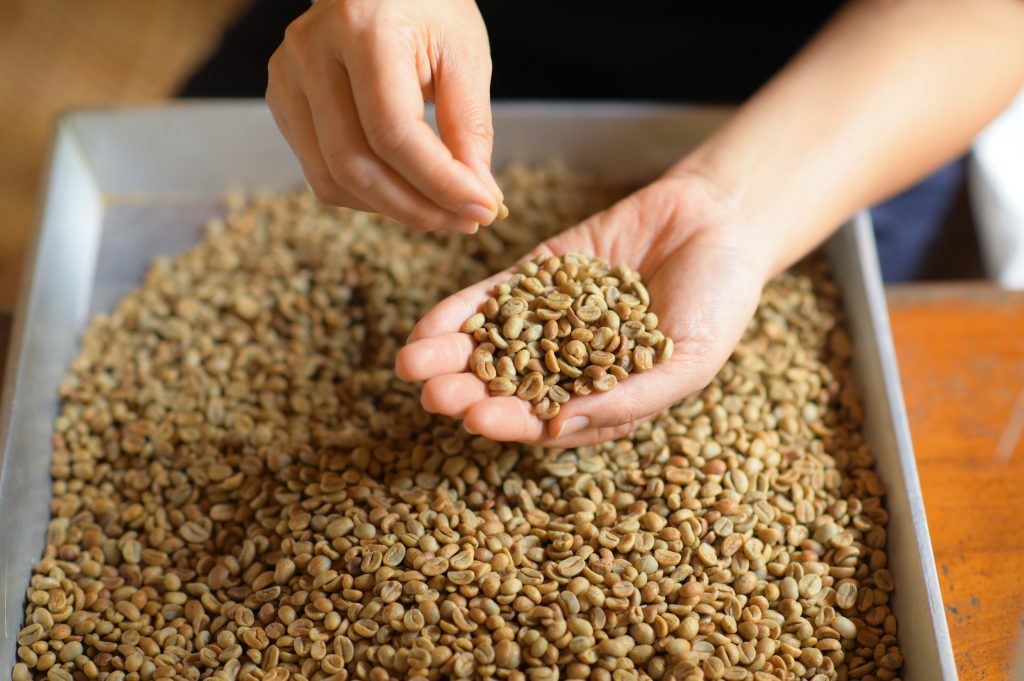
The quality factor is a bit more complex. Quality is judged by tasting, what’s called ‘cupping’ in the coffee world. Cupping simply means roasting the coffee and brewing it with hot water before tasting. Taste is, of course, subjective, so the qualified coffees have to go through rigorous testing before they are allowed to judge the coffee quality.
Quality can be divided into four main aspects: acidity, aroma, body and flavour. All of these aspects are scored, and totalled.
If a coffee can score above 80 on the 100 point grading scale it can then use the ‘specialty’ label.
Where Do Specialty Coffees Come From?
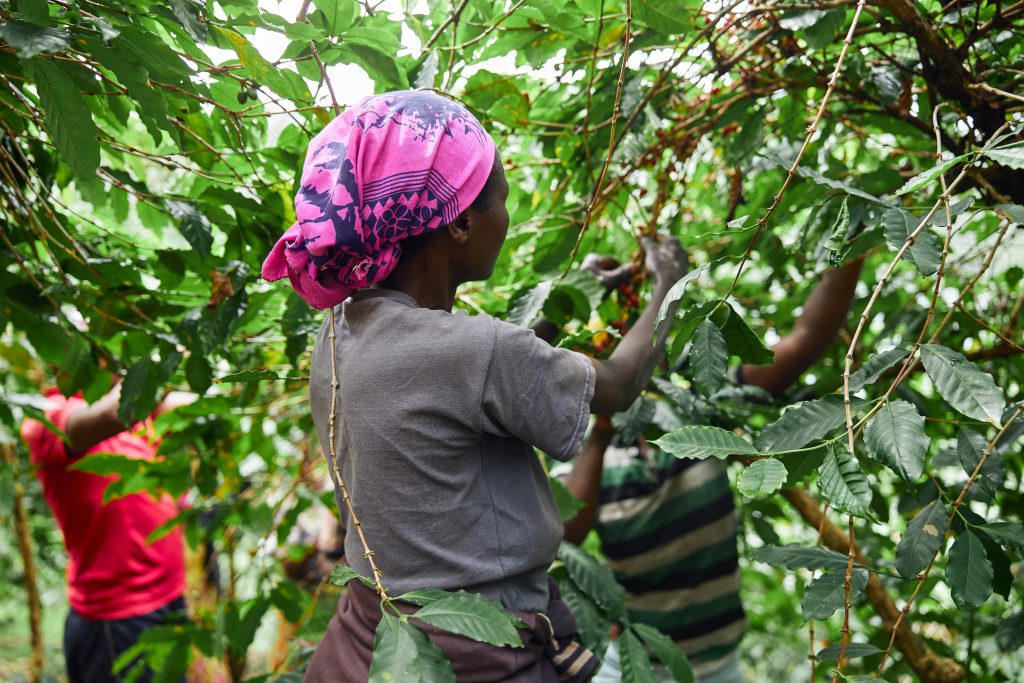
There are many different regions that are producing coffee at the specialty level. Some have gained a reputation so strong that their names are almost synonymous with specialty: Kenya, Ethiopia, Indonesia and Colombia, to name a few.
However as the category becomes more and more popular with baristas and coffee lovers around the world, more and more growing regions are committing to growing the best coffee they can to earn the lauded title.
Some notable examples would be Yemen, China, and Thailand in Asia and the Pacific. In Central and South America some new big players are El Salvador, Bolivia and Guatemala.
While some regions are at an advantage when producing coffee that can make the specialty cut, whether it be due to the climate or the industrial history of production, with enough dedication and focus on quality it’s a label that’s achievable for any region. Most likely we’ll see most if not every coffee growing region putting forward some specialty product in the future.
A Coffee Controversy
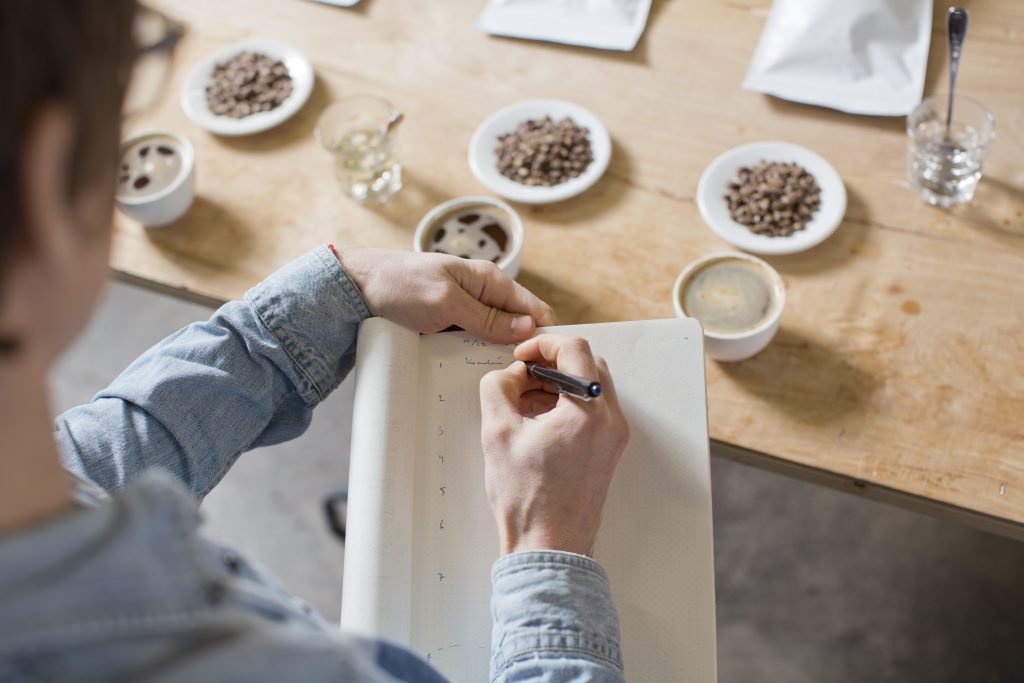
There is some controversy in the world of specialty coffee.
The first and maybe most notable is the ‘illegal’ use of the term, mostly by coffee shops that want to capitalise on the popularity of the category. These places will display the word specialty and use it in their marketing and branding, but sometimes will not actually use the good stuff, in favour of a cheaper and inferior product.
The second is a preparation issue. Specialty coffee is definitely worth the price, however if it isn’t prepared properly then its value dramatically decreases. When it comes to making the perfect espresso or other styles, the specifics of weight, water type, pressure etc. all factor heavily in the quality of the final product. These specifics are even more important when using specialty coffee, as the nuance of the flavour profile, texture and aroma is what makes specialty unique. Effectively, using bad technique or sub-par machines for specialty coffee but charging high prices is a rip-off.
It’s for these reasons that on our Dublin Barista course we use specialty coffee for our barista training. Our students need to learn to distinguish between specialty and regular coffee by flavour, and to know the exact way to prepare it so that when they join or rejoin the ranks of their fellow Baristas they can guarantee a customer great experience and the proper respect that speciality coffee has earned.

